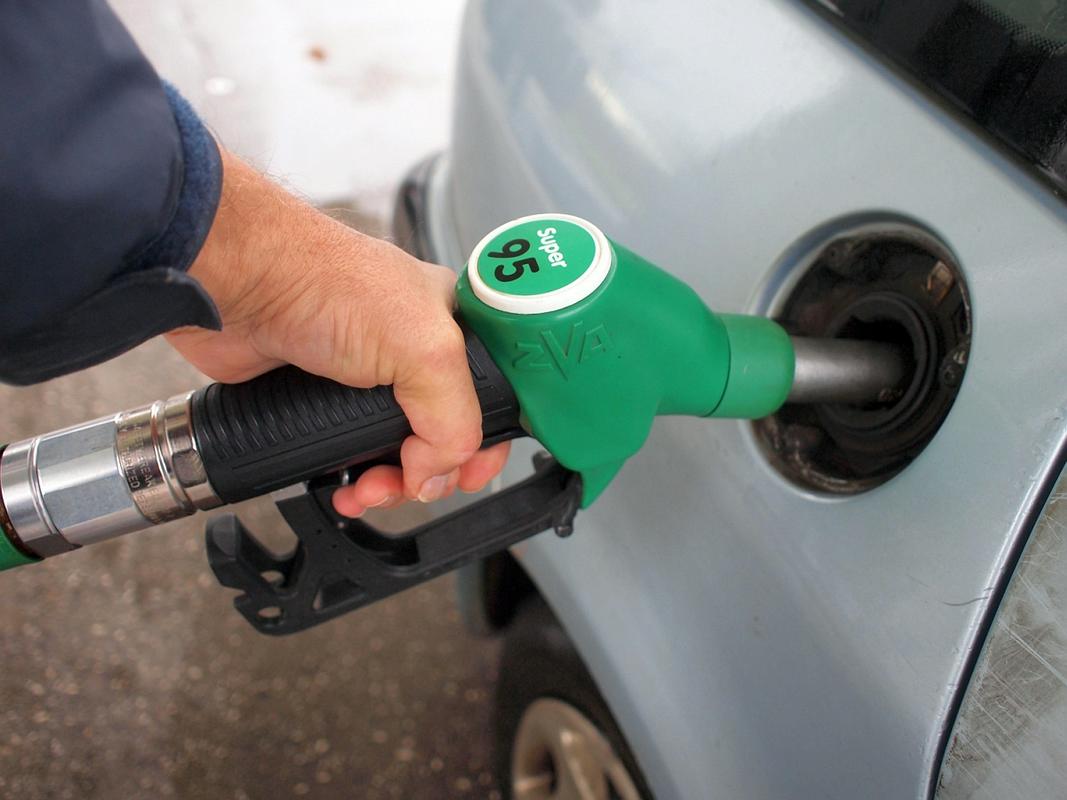
government. A plan to partially deregulate the market on February 9 fell through, as the government extended the existing regulation of petrol prices by another two months.
Will that change on April 9? Will Slovenia’s Economy Minister, Finance Minister and Infrastructure Minister finally reach an agreement?
Economy Minister Zdravko Počivalšek told RTV that next week he will again put forward a proposal to deregulate premium petrol and heating oil. He also believes that now is the right time to completely deregulate fuel prices, as they are at a record low. Another reason for pursuing deregulation is the monopoly held by the two largest fuel retailers, Petrol and OMV, who together control 87 percent of the market. Deregulation could break up their monopoly and promote competition. Margins on fuel are 30 to 40 percent lower than in neighbouring countries, a fact that has previously scared away discount fuel retailers like Fe-Trading, a subsidiary of Hofer.
The Finance Ministry is still vehemently opposed to the deregulation of fuel prices. According to the Ministry, the government would collect 40 to 59 million euros less in taxes per year if fuel prices were to be deregulated, while retailers would increase their margins, raise retail fuel prices and thus sell less petrol. On average, retailers would raise their margins on petrol by 15 to 50 percent and their margins on diesel by 45 to 80 percent. This would increase their revenue by 41 to 81 million euros. Consumers would also see price hikes. Petrol would go up by 1 to 4 percent, while diesel would go up by as much as 7 percent.
Haulers also support the deregulation of fuel prices.Andrej Klobasa, the head of the transport section of the Chamber of Trade Crafts and Small Business, said that prices would drop by about 20 to 30 cents per litre in most parts of the country, but fuel would be more expensive on motorways – just like in Austria and Germany. A Slovenian hauler can save up to 1200 euros per 1000 litres or about 15000 euros per year if he goes to an Austrian petrol station for refuelling. Klobasa believes that Slovenia should adopt a similar model.

































































